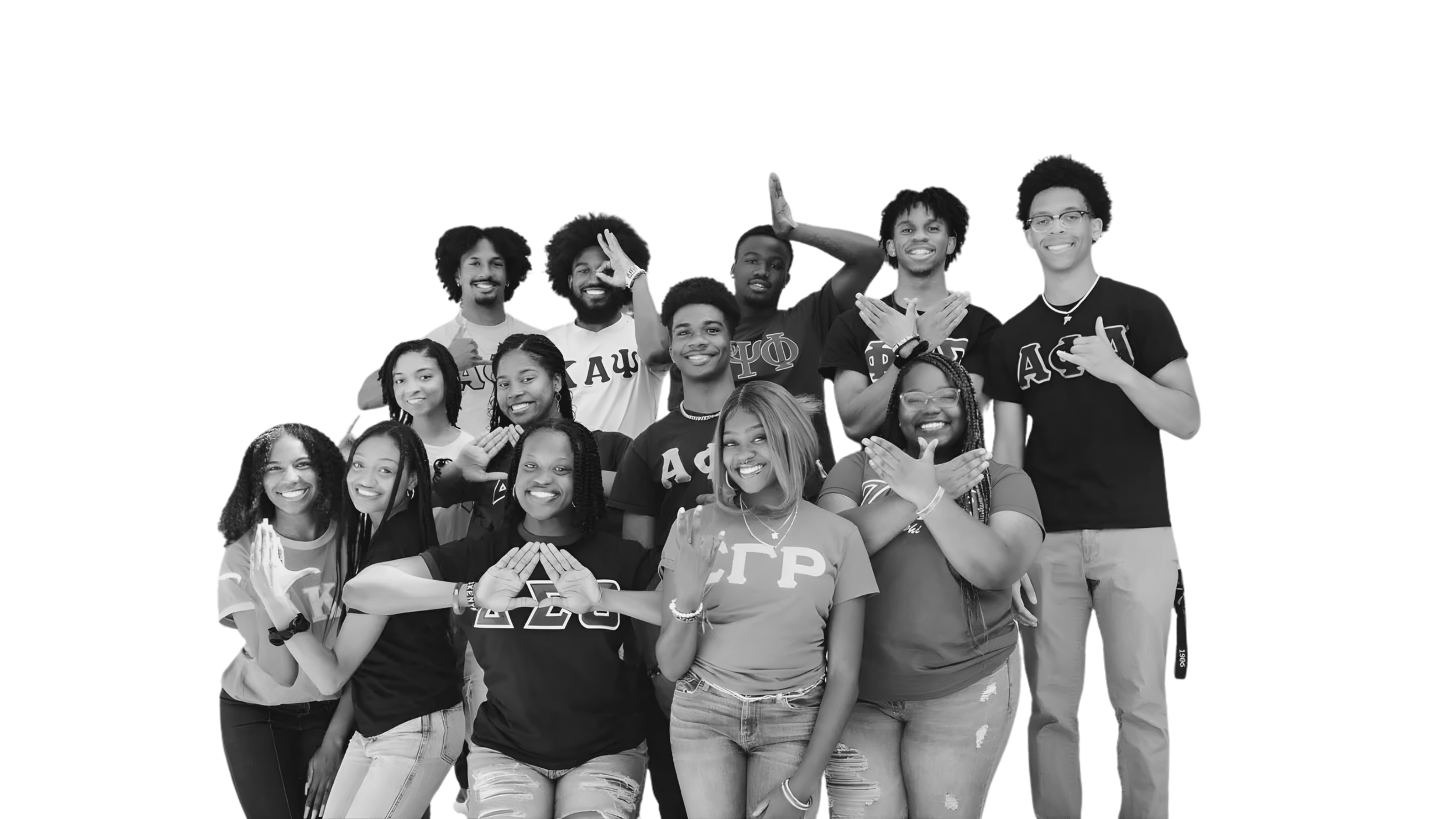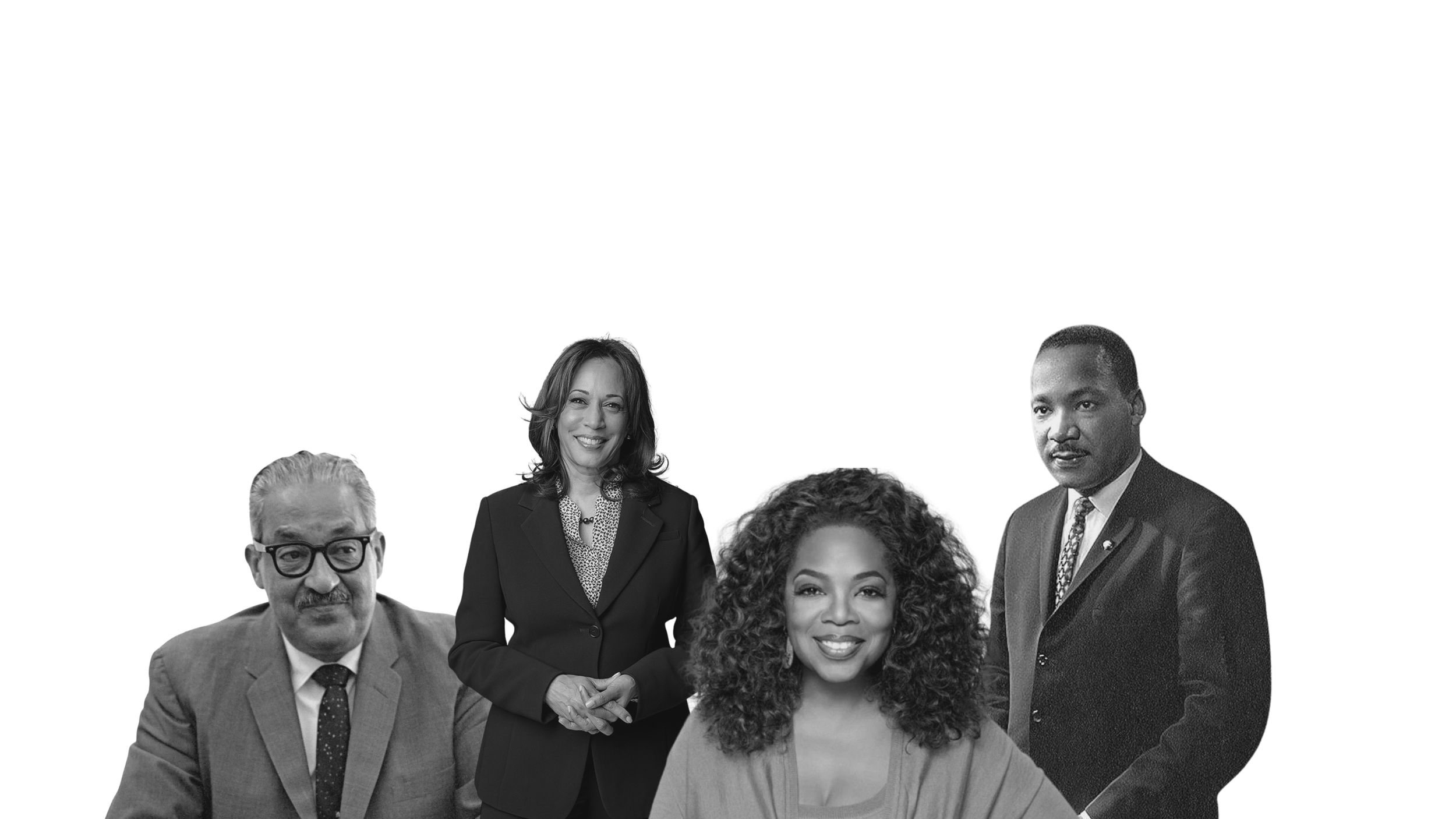
WHY AN HBCU ?
Historically Black Colleges and Universities (HBCUs) are institutions of higher learning established before 1964 with the principal mission of educating African Americans at a time when most other colleges and universities excluded Black students. Today, HBCUs continue to provide high-quality education while celebrating Black culture, history, and leadership.
Fast Facts About HBCUs
🎓 Founded for Access & Equity: Created to ensure African Americans could pursue higher education when other schools were closed to them.
🌍 Over 100 Institutions: About 100 accredited HBCUs exist today across the United States, with most located in the South.
🤝 Inclusive & Diverse: While rooted in serving Black students, HBCUs welcome people of all races, ethnicities, and backgrounds.
📈 High Impact: HBCUs produce nearly 20% of all African American college graduates nationwide.

40% of Black engineers earned their degrees at HBCUs.
80% of Black judges studied at HBCUs.
50% of Black doctors and lawyers are HBCU graduates.
Leaders in Professions
HBCUs have shaped leaders like Vice President Kamala Harris (Howard University), Oprah Winfrey (Tennessee State), Thurgood Marshall (Lincoln University & Howard Law), and Dr. Martin Luther King Jr. (Morehouse College).
Notable Alumni

HBCUs offer a transformative college experience, especially for students of color. Here’s why attending an HBCU is a powerful choice
Cultural Empowerment and Community
HBCUs provide a supportive and affirming environment where students of color can fully embrace their identities. You’ll be surrounded by peers and professors who share your experiences and are committed to your personal and academic success. This nurturing community can be a source of lifelong connections and encouragement.
History of Excellence
HBCUs have a long-standing tradition of producing leaders in various fields—from civil rights activists to doctors, engineers, and artists. These institutions are dedicated to providing a high-quality education that centers on academic achievement and cultural pride.
HBCUs focus on preparing students to lead in their communities and beyond. You’ll have the opportunity to engage in leadership activities, internships, and mentorships that foster your growth as a changemaker.
Leadership Development
Much like James Preston Poindexter, HBCUs have always been at the forefront of social change. By attending an HBCU, you become part of a legacy that continues to challenge the status quo and uplift marginalized communities.


